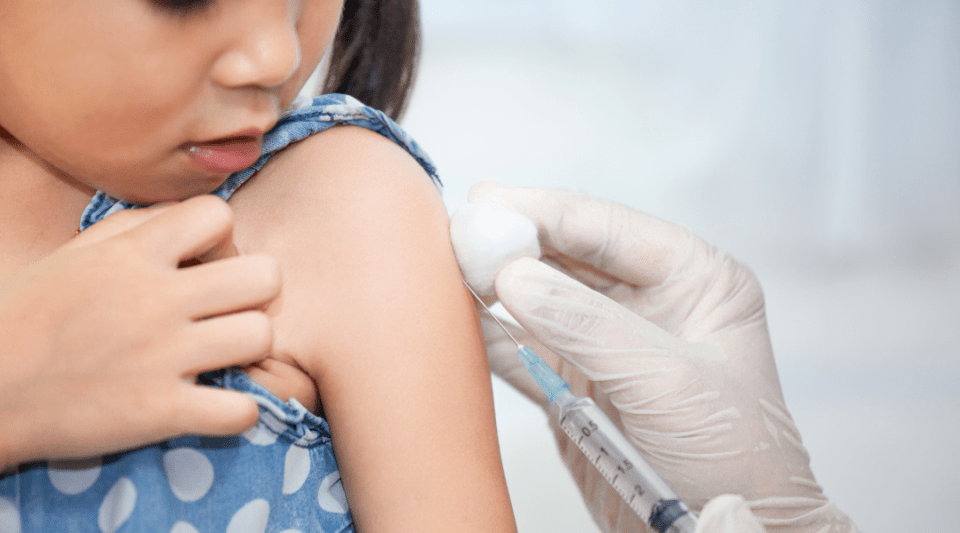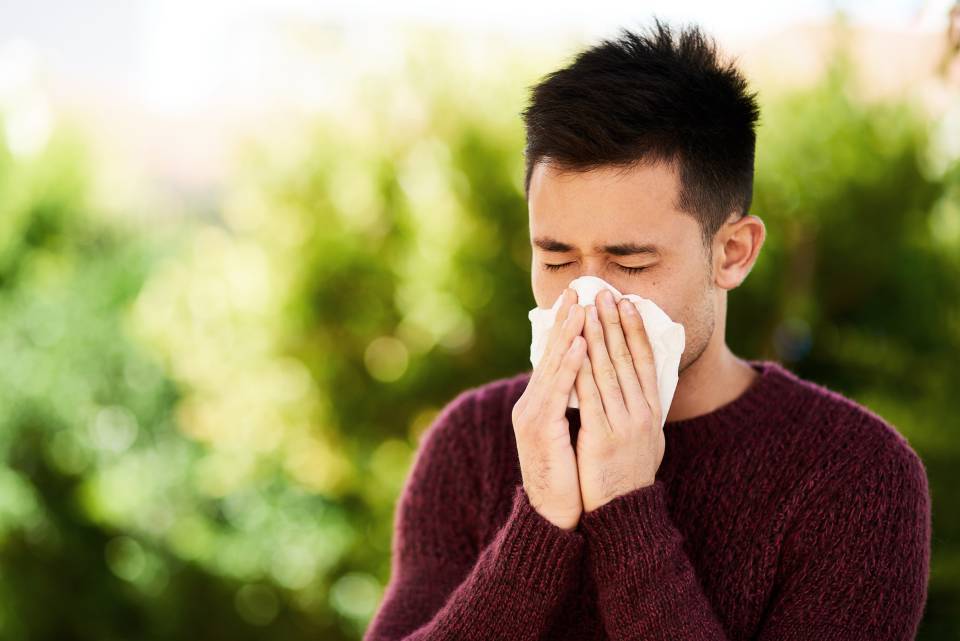Endometriosis is a chronic hormone-dependent disease that affects around 5–15% of women of childbearing age. It is characterised by the growth of endometrial tissue outside the uterine cavity and represents one of the main causes of pelvic pain and reproductive problems in women. A range of factors and theories have been put forward to explain the origin of endometriosis, with many agreeing that it stems from an inflammatory imbalance.
Lifestyle changes can go a long way to relieving the symptoms associated with a lot of different chronic illnesses. Therefore, several lines of research, conducted in both animal models and human patients, have attempted to confirm whether this is also true for women with endometriosis. In this regard, recent studies into nutrition and endometriosis have suggested that dietary changes can help reduce inflammation and, therefore, represent an interesting strategy in the prevention and control of endometriosis.
Fruit and vegetables, fish oils, dairy products rich in calcium and vitamin D and omega-3 fatty acids are considered anti-inflammatory foods and are probably linked to a reduced risk of developing endometriosis. On the other hand, other foods such as high-fat products (especially trans-unsaturated fats), red meat and alcohol are classed as having a negative effect because they increase the risk of endometriosis.
In other studies, a gluten-free diet has also proved to have a positive effect when it comes to easing pain in patients with endometriosis. A gluten-free diet is indicated in patients with coeliac disease (an alteration in the immune system that causes intestinal inflammation) and women with coeliac disease are known to have a greater risk of endometriosis. Hence, a gluten-free diet can be just as important in treating the high level of inflammation associated with endometriosis.
To date, there are no clear and direct correlations between different foods and the risk of developing endometriosis, so we cannot recommend a definitive list of permitted or prohibited foods. Nevertheless, recommendations usually revolve around the consumption of antioxidant foods and close adherence to a Mediterranean diet.
Looking forward, further research into different foods is required in order to fully understand their influence in the development or evolution of the symptoms associated with endometriosis. Only then can we produce some general recommendations that are both safe and effective for women with endometriosis.
Author: Meritxell Gràcia, gynaecologist at the Hospital Clínic




